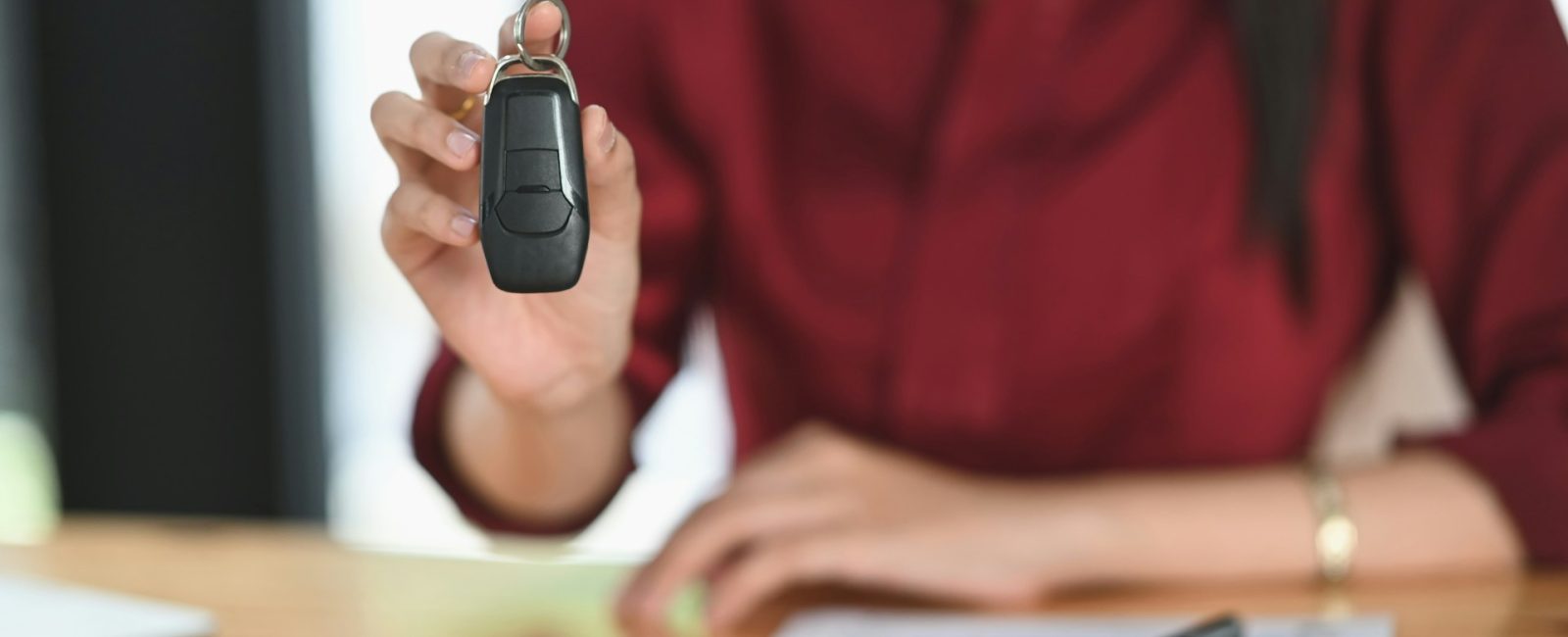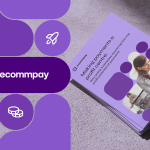
Every family seems to have this argument at some point. Someone needs a car, and suddenly everyone’s got an opinion. Uncle Terry reckons buying’s the only sensible option – you own something real, do what you want with it, sell whenever. Cousin Rachel swears by leasing: lower payments, newer cars, none of the hassle. They’ve been having this same debate at Christmas for three years running. Neither’s completely wrong, which makes the decision harder.
What Ownership Actually Costs
Buying a car means finding serious money up front. A basic family hatchback runs £15,000-20,000 now. That’s either cleared savings, a chunky loan with interest, or finance that ties you in for years. However you slice it, it’s a big chunk of cash.
Depreciation stings badly. New cars drop roughly 40% in three years. Buy something for £18,000, and it’s worth maybe £11,000 by year three. That’s seven grand vanished regardless of how obsessively you maintained it. Older cars lose value more slowly but break more often, so you’re just picking which financial pain you prefer.
Repairs become increasingly unpredictable once warranties expire. Clutches fail. Electronics go wrong. Engines develop mysterious faults that take three garage visits to diagnose. Some years you get lucky and spend almost nothing. Other years hit you with multiple problems that each cost hundreds.
How Leasing Changes Things
The best personal car lease deals flip this equation completely. Instead of scraping together £18,000, you’re looking at £250-300 monthly. Suddenly, that newer, more reliable car becomes affordable without destroying your savings account.
Depreciation? Not your problem anymore. Hand back the keys at lease-end and walk away. Someone else worries about residual values and market conditions. Decent lease packages bundle in maintenance, breakdown cover, and road tax. One payment covers everything except fuel and insurance. Budgeting becomes straightforward rather than this guessing game about what might break next.
Cars stay under warranty for the entire lease term, too. Something breaks? Gets fixed. No arguments, no unexpected bills. Given how complicated modern cars have become (basically computers on wheels), this protection matters more than it used to.
The downside’s obvious enough. You own precisely nothing when it ends. Every payment buys temporary use rather than building towards anything. Some people can’t stand that feeling. Others reckon ownership’s overrated anyway.
Which Actually Makes Sense
Depends entirely on your situation, doesn’t it? Own if you drive massive mileage, keep cars for ages, or need to modify things. Classic car people obviously buy. Rural areas where leasing options are thin on the ground favour ownership.
Lease if you want newer vehicles regularly, prefer knowing exactly what you’ll spend monthly, and can’t be bothered with maintenance headaches. People who change cars every few years often find leasing cheaper than the constant buy-sell cycle. Money matters hugely here. Someone sitting on £20,000 might invest it elsewhere whilst leasing for £300 monthly. If those investments return more than lease costs, leasing wins even before considering convenience.
Neither option is universally better. Depends on what you value and how your finances actually work.












